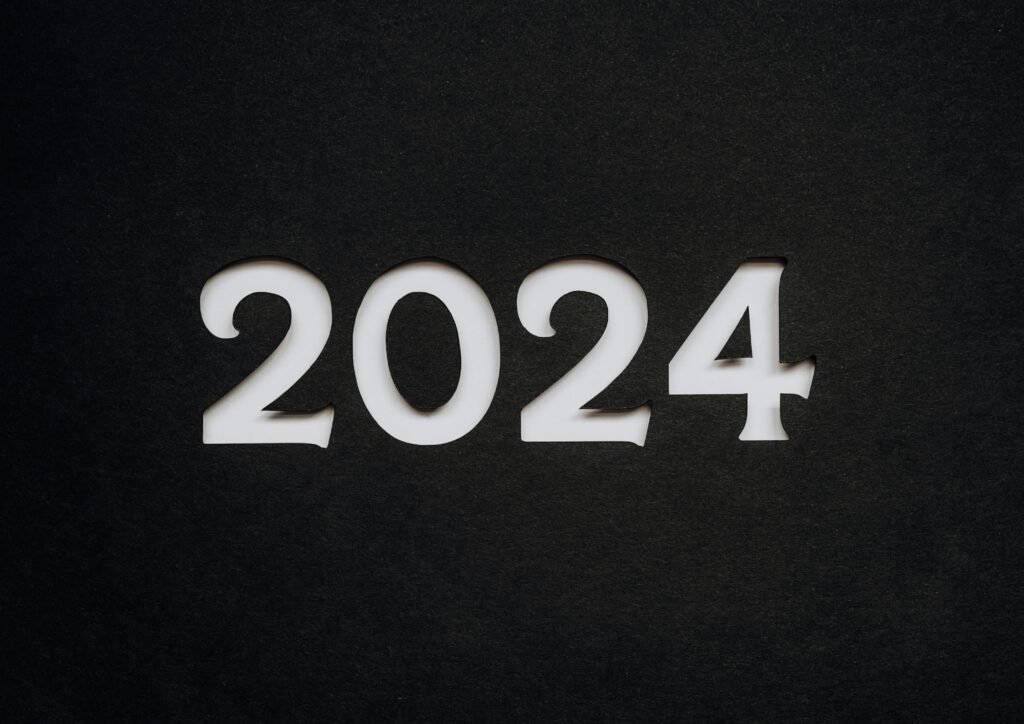Brian Armstrong, CEO of Coinbase, has sent shockwaves through the cryptocurrency world with a forecast that places Bitcoin to $1M by 2030. Made during a recent appearance on the “Cheeky Pint” podcast, Armstrong’s prediction has ignited debate among investors, traders, and crypto enthusiasts globally. With institutional adoption accelerating and regulatory clarity on the horizon, Armstrong’s vision for Bitcoin highlights the rapidly changing landscape of digital assets—and what it could mean for your portfolio.
Regulatory clarity could drive Bitcoin to $1M
A cornerstone of Armstrong’s Bitcoin to $1M thesis centers on the need for regulatory clarity. In his podcast interview, he pointed out that the path to a million-dollar Bitcoin begins with the United States setting a clear and supportive regulatory framework. As U.S. regulatory attitudes often influence G20 countries, advances in American crypto policy could serve as a catalyst for the global cryptocurrency market.
Armstrong argued that well-defined regulations will attract more institutional capital to Bitcoin and the broader cryptocurrency ecosystem. With increased legal certainty, large investors and corporations will likely see less risk and more opportunity, creating powerful momentum for Bitcoin price growth.
Institutional adoption is fueling the Bitcoin surge
Armstrong’s forecast for Bitcoin to $1M by 2030 draws considerable strength from rapidly rising institutional adoption. Major developments such as the approval of Bitcoin ETFs, the inclusion of cryptocurrencies on corporate treasuries, and mainstream banks providing crypto custody services are transforming the market. Each of these milestones adds legitimacy and liquidity to Bitcoin, resulting in renewed confidence from both retail and large-scale investors.
Brian Armstrong also highlighted how institutional adoption marks a new era where regulated financial products and services meet the decentralized world of cryptocurrency. This merging could help normalize crypto assets, making them an attractive investment class for pension funds, mutual funds, and even traditional banking institutions.
U.S. government’s role in Bitcoin’s future trajectory
Beyond regulatory clarity and institutional adoption, Armstrong floated the idea of the U.S. government establishing a “Strategic Bitcoin Reserve.” While still conceptual, this move would signal a tremendous endorsement of Bitcoin as a legitimate asset class. The mere possibility of U.S. government involvement—either through reserves or clearer policy—has already started shaping market narratives and investor expectations.
If federal adoption gains momentum, it would further reinforce the Bitcoin to $1M scenario by driving global government participation and ushering in an era where cryptocurrencies are seen as viable store-of-value assets alongside traditional reserves like gold.
Market psychology influenced by high-profile forecasts
High-profile predictions like Armstrong’s do more than just make headlines—they actively shape investor sentiment in the cryptocurrency market. Alongside optimistic voices like Jack Dorsey, Cathie Wood, and Michael Saylor, Armstrong’s public commitment to a $1M Bitcoin in 2030 creates what many refer to as institutional FOMO (fear of missing out). This shift in psychology can spark new waves of buying activity each time regulatory progress is made or the market sees large inflows from institutional players.
Crypto analysts note that these long-term forecasts can help newcomers and seasoned traders alike stay focused on the bigger picture, rather than reacting to short-term price swings or regulatory uncertainty.
Beyond Bitcoin: Ripple effects in crypto, NFTs, and AI tokens
While Armstrong’s remarks about Bitcoin to $1M were the main event, the same crypto news cycle included significant action in NFTs, altcoins, and AI-driven tokens. These developments illustrate how institutional and regulatory trends around Bitcoin also fuel innovation across the entire cryptocurrency landscape.
For investors, staying ahead means not just watching Bitcoin’s price predictions, but also tracking related market movements and emerging technologies. From NFT launches to AI integrations in blockchain, the momentum generated by Bitcoin optimism ripples outward, creating opportunities (and risks) throughout the industry.
Frequently asked questions about Bitcoin to $1M (FAQ)
What factors support the Bitcoin to $1M prediction?
Armstrong cites U.S. regulatory clarity, growing institutional adoption, and the potential for government participation—such as a Strategic Bitcoin Reserve—as major drivers behind his forecast.
When might Bitcoin realistically reach $1M?
Brian Armstrong’s prediction targets 2030, giving the market about a 5-year window, though actual timelines depend on regulatory and institutional milestones.
How does regulatory clarity boost Bitcoin’s price?
Clear regulations reduce uncertainty for major investors and businesses, encouraging them to invest in Bitcoin and cryptocurrency markets, which increases demand and market stability.
Do other experts agree with Armstrong?
Yes, other crypto leaders like Jack Dorsey, Cathie Wood, and Michael Saylor have provided similarly bullish forecasts, further solidifying investor confidence in Bitcoin’s long-term potential.
What role could the U.S. government play in Bitcoin adoption?
The government could set regulatory standards, support mainstream acceptance, or even hold Bitcoin in national reserves, all of which could accelerate adoption and bolster prices.
Sources to this article
– INOREADER_ARTICLE_CONTENT
– “Morning Minute: Coinbase CEO Calls for Bitcoin to $1M,” Cheeky Pint Podcast, 2024.
– defidonkey.com archives.



